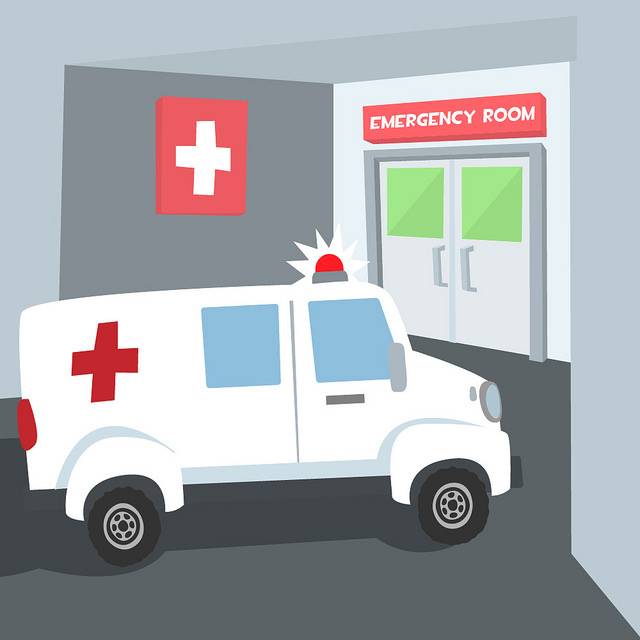
Photo Credit: Pixabay / Pexels
Research released last autumn in the American Heart Association’s journal Circulation has shown that, in 2014, females aged 35-54 accounted for 31% of cardiac hospitalizations, up from 21% in 1995. Young women have an alarming rise in heart attacks. While heart disease is frequently seen as a male issue, the risk of atherosclerosis in the Atherosclerosis Risk in Communities Surveillance study has shown decreased risk among young males during the same time period.
Furthermore, a larger number of young women who were hospitalized for heart attacks had a history of high blood pressure, 74 percent compared to 64 percent for males.
The study recommended more efforts to tackle common risk factors for young women like reducing high blood pressure and preventing diabetes. They also suggested a team-based strategy that would include medical practitioners, dieticians, social workers, and healthcare employees. This team should address non-classical risks such as poverty and psychosocial stressors.
Melisa Caughey, senior author of the study and a cardiology instructor at the University of North Carolina School of Medicine said these psychosocial issues are more common among women. Stress may have an impact on heart health as the brain doesn’t understand the distinction between the physical and mental kinds, said University of Pittsburgh Medical Center and Cardiologist at the Magee-Women’s Heart Program, Elizabeth Piccione. The adrenaline and cortisol hormones spike, and the heart rate and blood pressure increase, in both types of stress. Acute and chronic stress have been associated with heart attacks, she said in an email.
In a heart attack, the membrane on the interior wall separating a buildup of plaque from the rest of an artery ruptures, attracting platelets that then form a clot and block the artery. Plaque may rupture and this is thought to be influenced by outside factors including the chemical changes that occur with acute and chronic stress. Chronic stress over many years will likely increase the risk of a heart attack.
So what should you do if you are a younger woman who is susceptible to high blood pressure and stress?
Consult your Doctor
Piccione urges women to be open with their doctors: “People shouldn’t feel there’s a stigma to admitting feeling anxiety. Women should not feel embarrassed or afraid to talk openly with their health-care provider that their mind is racing all the time, that they can’t relax, or they feel hopelessness.”
Brent Egan, Professor at the University of South Carolina School of Medicine, advises that you discuss risk factors including weight, family history, diabetes, and stress early in your discussion with your provider. He said that raising your knowledge would allow you to think about what you could do to reduce your numbers; it is wise to deal with it early, rather than later in your life if the numbers are higher.
If you want more information on prevention at a younger age, don’t hesitate to contact us, https://myhealthypotential.net/contact/. Click the link and schedule your free appointment here: https://myhealthypotential.net/health-coaching/
Meditate
Meditation and stress reduction activities help to remove your brain from the danger zone, where adrenaline and cortisol are being fired and reduce your heart rate and blood pressure, experts have stated.
Get up and move
Egan said that those with physical exercise have reduced blood pressure levels. The physical advantages of exercise also affect stress relief. Your body uses the same power as your mental stress, adrenaline, and cortisol when you work out.
Join us now and get closer towards reaching your healthy potential: Join HERE!
If you are already a free member, we highly suggest you UPGRADE your membership to explore our prevention efforts even further and get the best help you need.
To learn more about MyHealthyPotential, check out our FAQ section at FAQs.



